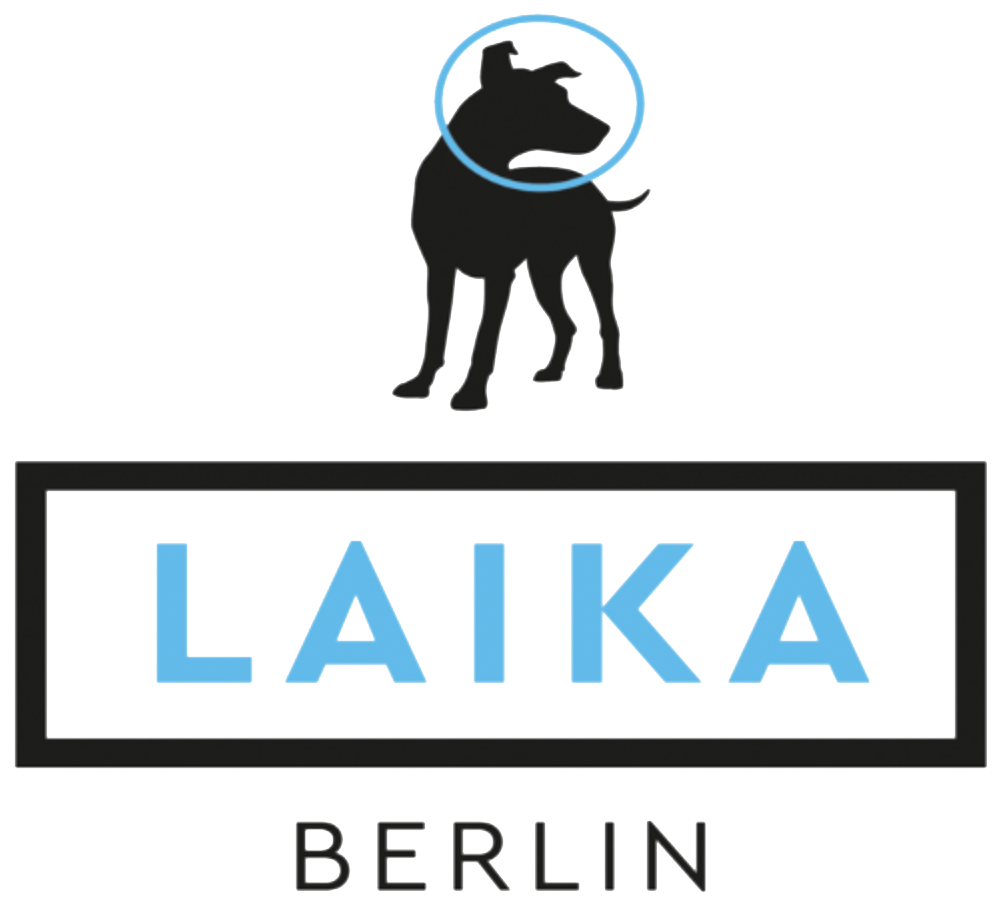THE REAR VIEW MIRROR: The Tyranny of Shorttermism
By David Josephs
Public Relations is, of course, a results business. If your investment in PR isn’t producing results, that investment will inevitably be placed under threat. But how soon is it reasonable to expect results?
When I started working in PR, the answer we would give to this oft repeated question was six months. We were confident we would produce good results sooner than that, but we felt six months was the time needed to assess if the client – agency relationship was really working.
Today, I suspect the answer is more typically three months. Sure, when I started there was no such thing as online media, so it literally took longer to secure coverage in trade publications with long lead times. But we still had daily newspapers, so technically results could be produced much quicker.
But I still think three months is too short. Let me explain why.
Clarity is key
Most companies I’ve worked with do not know what they want to say. They have lots of ideas, they have many versions of what they want to say, but they do not have a clear and consistent messaging framework. Guess what, if your messaging isn’t clear, there’s no chance the outside world will be able to understand what you really mean.
So an agency will almost certainly have to spend some time working with you to ensure that your messaging is clear.
But messaging needs to have relevance as well as clarity. You can adopt a beautifully clear set of corporate messages, but if they are not relevant to your market and to the media, those messages aren’t going to land anywhere. So your messaging must be relevant, too.
Momentum needs time
Then the media strategy must be developed. There’s little point issuing a flurry of announcements followed by a long period of silence. There needs to be a calendar of activity stretching six to twelve months into the future, so the campaign builds momentum.
Given these necessities, is three months really long enough to judge the success or failure of a new PR campaign? I think not. I believe the six months answer remains valid.
What’s important is the plan. Can your agency present you with a short and compelling six to twelve month campaign plan? Does the plan have contingencies in case certain activities don’t materialise as planned? Are the targets within the plan realistic, and can they be supported by evidence from similar campaigns executed for other clients?
Is this the right PR team for my company?
And just as important as the plan are the people. If you undertake a competitive pitch, you will meet a whole bunch of impressive people from various agencies. Choosing the team you want to represent your firm is tricky. Once you’ve made your decision, observe your team in action for six months and ask yourself these questions:
Does my account team show real interest in my business?
Does my account team demonstrate a proactive approach?
Do I enjoy working with my account team?
Is the team working with me on a day to day basis the team that presented to me during the pitch process?
Is my account team looking at ways in which my business can comment on breaking news stories, thus positioning us as industry commentators?
Does my account team produce high quality content?
Is my account team honest when things don’t work out as planned?
These factors are the key components of outstanding agency-client relationships, relationships that produce real value for years on end, not just a few months. We all like to see quick results to justify our decision-making process, but our definition of ‘quick’ needs to be both realistic and mature to avoid poor outcomes.
David Josephs
ABOUT ME: I’ve worked in the PR industry for 30 years, and have advised tech companies of all shapes and sizes ever since. My experience extends across Europe, the US and the Middle East. My posts for Laika aim to share some of those experiences to help you make the most of your investment in PR. I’m proud to serve on Laika’s Board of Advisors, and support the team through training sessions and one to one guidance.


